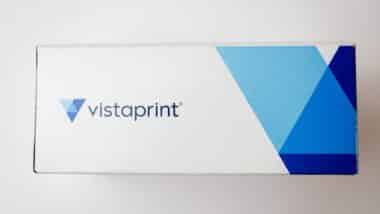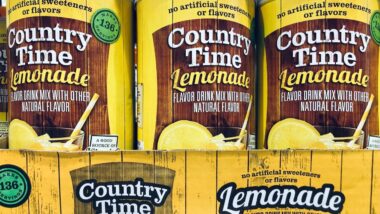 The Federal Communications Commission (FCC) has passed a rule making “spoofed” calls from overseas illegal, but stopping these robocalls altogether remains a challenge, according to the Wall Street Journal. While outlawing the practice may do little to stop the onslaught of unwanted callers masquerading as someone else, the new rules will empower phone companies and cell carriers to block suspect communications and give the FCC greater authority to pursue offenders from outside the country.
The Federal Communications Commission (FCC) has passed a rule making “spoofed” calls from overseas illegal, but stopping these robocalls altogether remains a challenge, according to the Wall Street Journal. While outlawing the practice may do little to stop the onslaught of unwanted callers masquerading as someone else, the new rules will empower phone companies and cell carriers to block suspect communications and give the FCC greater authority to pursue offenders from outside the country.
What Are “Spoofed” Robocalls?
Nearly everyone has received some type of marketing spam call from a phone number that appears to be from a local number or other trusted source. The term “spoofing” refers to any sort of cyberattack or invasion carried out by a hacker who is impersonating another user or device on a network. Although IP, DNS, and email spoofing are the most common, spoofed robocalls – technically known as “Caller ID Spoofing” – have become more prevalent as the use of smartphones has grown.
Spoofed robocalls may appear to come from government agencies or banks by scammers attempting to gain the victim’s personal information. In recent years, however, the practice of “neighbor spoofing” has become more widespread. Technically known as “NPA-NXX Spoofing,” these calls appear to originate from the victim’s own geographic region by displaying a local area code (NPA) and prefix (NXX). This increases the chances that the recipient will answer – and fall victim to whatever confidence game is being played.
The New FCC Rule
Spoofed robocalls originating from the U.S. have long been illegal. Until recently, however, the FCC and U.S.-based carriers have had little authority to pursue and prosecute offenders from overseas. Now, investigators and officials no longer have to prove that wire fraud was committed within the U.S. in order to seize domestic assets from suspected scammers. They need only demonstrate that a foreign party used caller ID spoofing in order to defraud a U.S. resident. This action by the FCC could also motivate U.S. carriers to be more vigilant in detecting and blocking suspect communications from overseas.
The new rule also applies to VoIP calls and SMS messages.
This said, FCC Chairman Ajit Pai acknowledges that the new rule is only a first step, and much more will be required to stem the tide of illicit robocalls – particularly as rapidly-evolving technology continues to make it easier and less expensive for scammers to carry out their nefarious schemes.
Protecting Yourself
Your first line of defense against robocalls is to simply ignore a call from a number you don’t recognize. If you inadvertently answer, or are fooled into believing the call is from a local or trusted source, do not offer any information, even if the caller says they are from a bank, a company you have done business with, or a government agency such as the Social Security Administration or IRS (note: the IRS only initiates contact via a postal letter). Instead, hang up and call the number displayed on your screen in order to confirm its origin.
You can also report spoofed calls to the FCC via the agency’s website
Join a Free TCPA Class Action Lawsuit Investigation
If you were contacted on your cell phone by a company via an unsolicited text message (text spam) or prerecorded voice message (robocall), you may be eligible for compensation under the Telephone Consumer Protection Act.
This article is not legal advice. It is presented
for informational purposes only.
ATTORNEY ADVERTISING
Top Class Actions is a Proud Member of the American Bar Association
LEGAL INFORMATION IS NOT LEGAL ADVICE
Top Class Actions Legal Statement
©2008 – 2026 Top Class Actions® LLC
Various Trademarks held by their respective owners
This website is not intended for viewing or usage by European Union citizens.















12 thoughts onRobocalls From Overseas Now Illegal – Will it Help?
Add me please